Rome, with its vast history and legendary figures, has always been a fertile ground for cinematic storytelling. These biopic films not only entertain but also educate, providing a window into the lives of some of Rome's most iconic personalities. Whether you're a history buff or simply love a good story, this curated list of films will transport you to the heart of the Roman Empire, showcasing its triumphs, tragedies, and the indomitable spirit of its people.
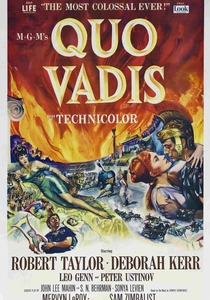
Quo Vadis (1951)
Description: Set during the reign of Nero, this film follows the love story of a Roman soldier and a Christian woman, highlighting the persecution of Christians and the decadence of Rome.
Fact: The film was one of the first to use the wide-screen format, and it was nominated for eight Academy Awards, winning two.
 Watch Now
Watch Now

Ben-Hur (1959)
Description: Set in the time of Christ, this film tells the story of Judah Ben-Hur, a Jewish prince who is betrayed and enslaved by the Romans, only to rise again through a chariot race that has become legendary in cinema history.
Fact: The chariot race scene took three months to film and required 15,000 extras. It won a record 11 Academy Awards, including Best Picture.
 Watch Now
Watch Now
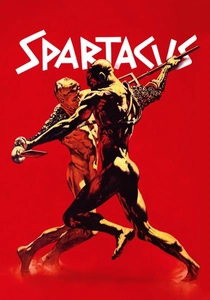
Spartacus (1960)
Description: This film chronicles the life of Spartacus, the Thracian gladiator who led a major slave uprising against the Roman Republic. It's a powerful narrative of freedom, leadership, and the human spirit.
Fact: The screenplay was written by Dalton Trumbo, one of the Hollywood Ten, who was blacklisted during the McCarthy era. Kirk Douglas insisted on giving him screen credit, helping to break the blacklist.
 Watch Now
Watch Now
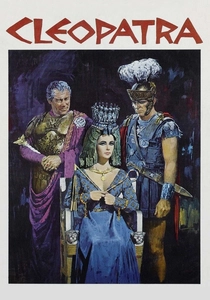
Cleopatra (1963)
Description: While not strictly a Roman biopic, Cleopatra's life was deeply intertwined with Rome, particularly through her relationships with Julius Caesar and Mark Antony. This film captures the opulence and intrigue of her reign.
Fact: Elizabeth Taylor's performance as Cleopatra was one of the most expensive roles in film history, with her salary and the film's budget ballooning to unprecedented levels.
 Watch Now
Watch Now
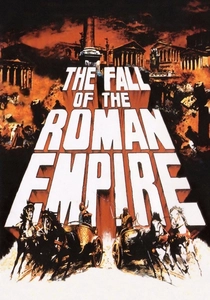
The Fall of the Roman Empire (1964)
Description: This epic drama explores the decline of the Roman Empire through the eyes of Livius, a general, and his relationship with Emperor Marcus Aurelius and his son Commodus.
Fact: The film was one of the most expensive of its time, with a budget of $19 million. It was shot in Spain to capture the grandeur of ancient Rome.
 Watch Now
Watch Now
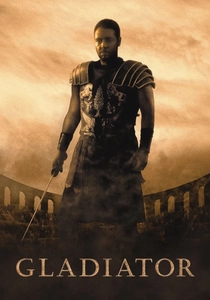
Gladiator (2000)
Description: This epic tale of revenge and redemption follows Maximus Decimus Meridius, a Roman general turned gladiator, as he seeks to avenge his family and restore the Roman Republic. It's a quintessential Roman biopic, blending historical elements with dramatic flair.
Fact: The film was inspired by the life of Roman Emperor Marcus Aurelius and the gladiator Spartacus. Russell Crowe's portrayal of Maximus won him an Academy Award for Best Actor.
 Watch Now
Watch Now
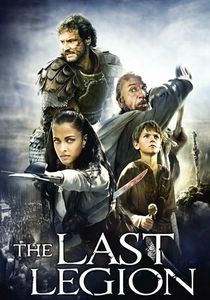
The Last Legion (2007)
Description: This film tells the story of the last Roman Emperor, Romulus Augustus, and his journey to Britain to find the legendary sword of Julius Caesar, blending historical events with myth.
Fact: The film was inspired by the novel "The Last Legion" by Valerio Massimo Manfredi, and it features a young Colin Firth in a supporting role.
 Watch Now
Watch Now
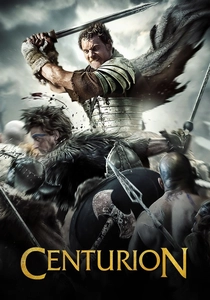
Centurion (2010)
Description: This action-packed film follows a Roman centurion and his squad as they fight for survival against the Picts in the aftermath of the Ninth Legion's disappearance.
Fact: The film was inspired by the historical mystery of the lost Ninth Legion, and it features intense battle scenes and a gritty portrayal of Roman military life.
 Watch Now
Watch Now
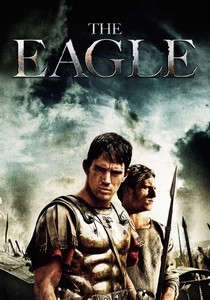
The Eagle (2011)
Description: Based on the novel "The Eagle of the Ninth," this film follows a young Roman officer's quest to recover the lost eagle standard of his father's legion, exploring themes of duty, honor, and the clash of cultures.
Fact: The film was shot in Scotland and Hungary, capturing the rugged landscapes that would have been familiar to Roman soldiers on the edge of the empire.
 Watch Now
Watch Now
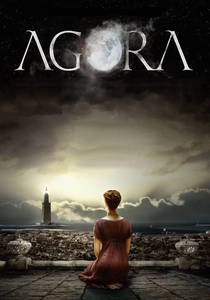
Agora (2009)
Description: Set in 4th-century Alexandria, this film focuses on Hypatia, a philosopher and mathematician, during the decline of the Roman Empire and the rise of Christianity.
Fact: The film was shot in Malta, with sets designed to replicate ancient Alexandria, and it explores themes of science, religion, and gender.
 30 Days Free
30 Days Free









